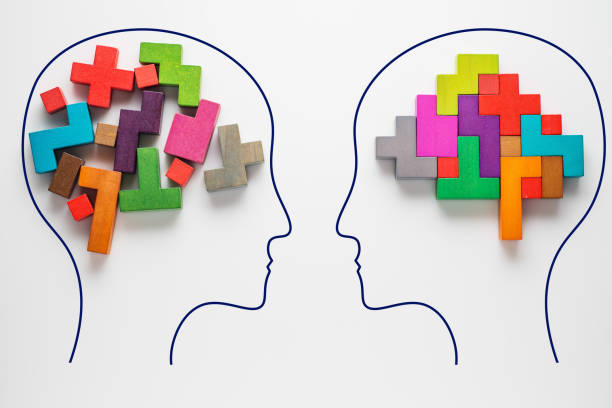IQ What It Measures and How to Interpret Results
An IQ test is a standardized assessment designed to estimate aspects of a person’s intellectual functioning. It offers a snapshot of performance on tasks that tap into verbal comprehension, working memory, processing speed and reasoning. While an iq test score can be informative, it’s only one piece of a broader picture of cognitive abilities and real-world potential.

What is intelligence?
Intelligence is a broad construct that refers to the capacity to learn, adapt, solve problems and use knowledge effectively. Psychologists often speak of both fluid intelligence (the ability to reason in novel situations) and crystallized intelligence (knowledge and skills acquired through experience). Cultural background, education, motivation and emotional factors all influence how intelligence appears in daily life. An iq test tries to quantify certain aspects of intelligence but cannot capture creativity, practical sense, or interpersonal insight fully.
How does an iq test work?
An iq test typically includes timed subtests that measure different mental tasks, such as vocabulary, pattern recognition, memory span and arithmetic reasoning. Raw scores are converted into standardized scores based on large normative samples so that individual scores reflect how someone compares to peers. Tests report an overall IQ number plus profile scores for particular domains. Psychometric properties like reliability (consistency) and validity (whether the test measures what it claims) are important; well-established instruments undergo careful norming and statistical review.
What cognitive abilities are measured?
Cognitive abilities assessed by many iq tests commonly include verbal comprehension, perceptual or nonverbal reasoning, working memory and processing speed. Verbal tasks test vocabulary and understanding, perceptual tasks test pattern recognition and spatial reasoning, and working memory tasks test the ability to hold and manipulate information. These specific scores help highlight strengths and weaknesses but don’t account for all mental functions—attention, executive functioning and socio-emotional skills also shape how someone performs outside of testing conditions.
How do reasoning skills relate to IQ?
Reasoning skills are central to many iq test tasks and often predict success in academic and technical contexts. Logical reasoning, inductive pattern recognition and deductive problem solving show up in matrix problems, syllogisms and sequence tasks. Strong reasoning skills support learning new material and adapting to unfamiliar problems. However, reasoning skills develop with practice and education; they are not fixed. Training in problem solving, familiarity with test formats and real-world experience can all influence measured performance.
What does the brain tell us about IQ?
Neuroscience finds correlations between certain brain features and iq test performance, such as patterns of connectivity or regional activity during cognitive tasks. Those correlations are informative but modest: the brain–IQ relationship is complex and influenced by genetics, environment, nutrition and life experiences. Neuroplasticity means that targeted mental training, education and healthy lifestyle factors can support cognitive abilities. It’s important to remember that brain imaging or biological markers do not yield a single “intelligence fingerprint” and are best interpreted alongside cognitive testing and contextual information.
A practical perspective on taking and interpreting tests: select a validated, professionally administered iq test when you need diagnostic or educational information. Online quizzes can be fun but vary widely in quality and normative basis. When interpreting results, consider the testing environment, the examinee’s language and cultural background, health or sleep factors, and any learning differences. For children, scores are one input among classroom performance, teacher observations and developmental history. For adults, scores may inform career guidance or assessment for disability accommodations but should be integrated with skills, experience and occupational fit.
This article is for informational purposes only and should not be considered medical advice. Please consult a qualified healthcare professional for personalized guidance and treatment.
In summary, an iq test provides a standardized measure of certain cognitive abilities and reasoning skills, giving useful comparative information about aspects of intelligence. It offers valuable insights when used appropriately and interpreted in context, but it is not a definitive label of a person’s potential or worth. Consider test results alongside broader measures of learning, behavior and life experience to form a complete understanding of cognitive strengths and challenges.






